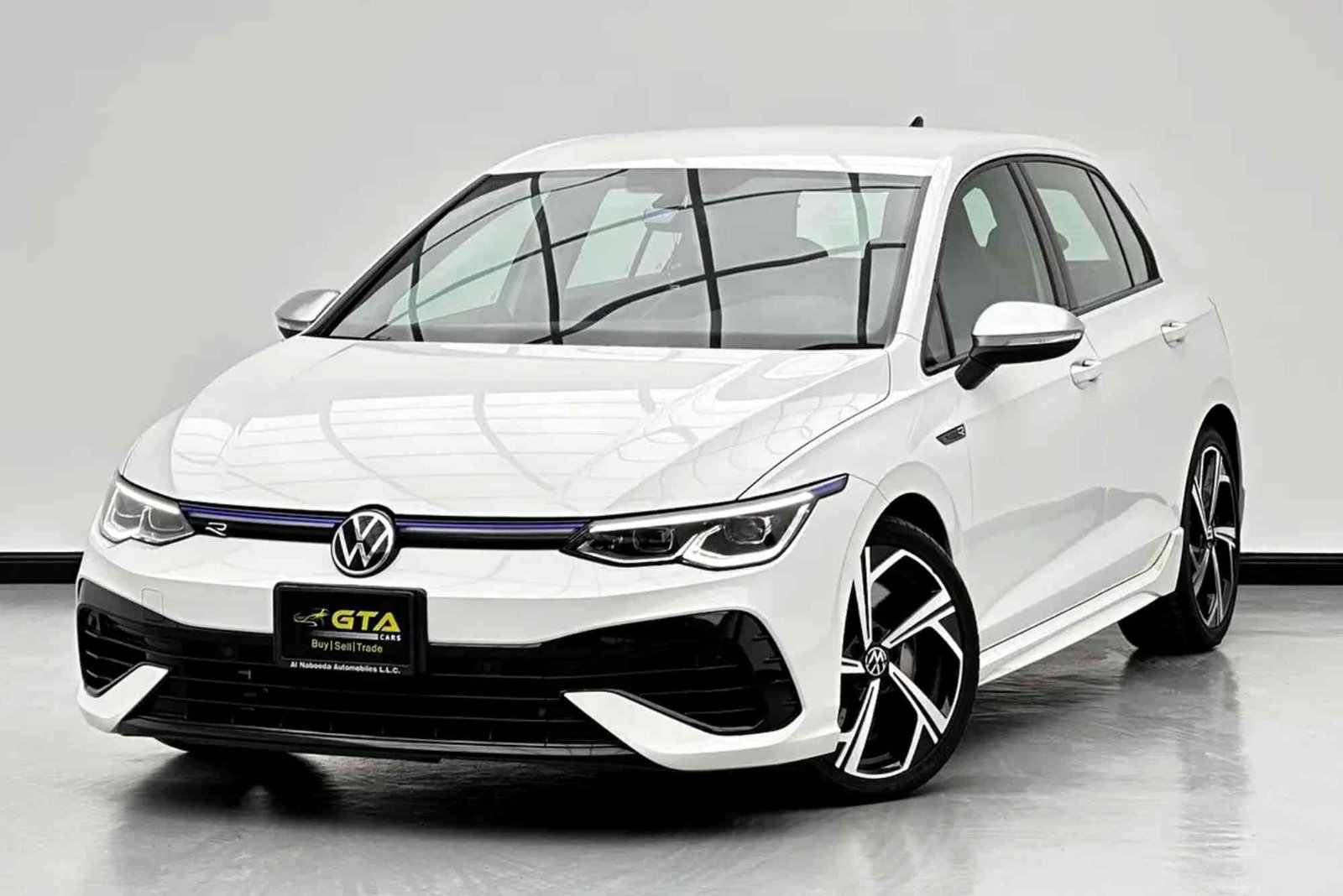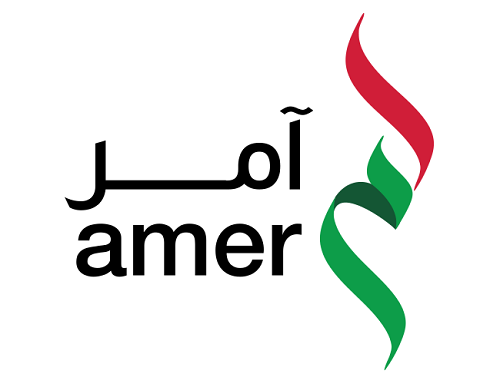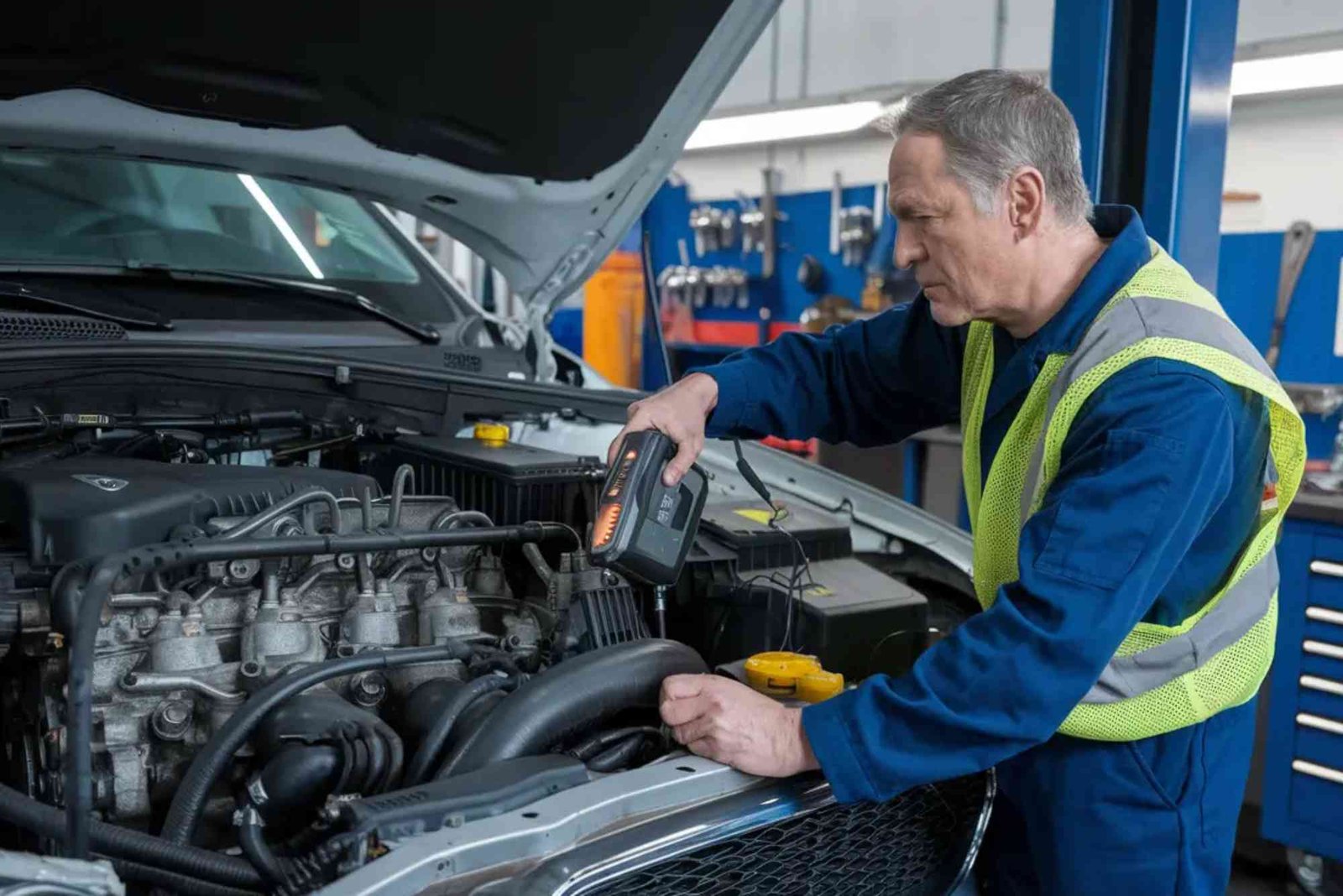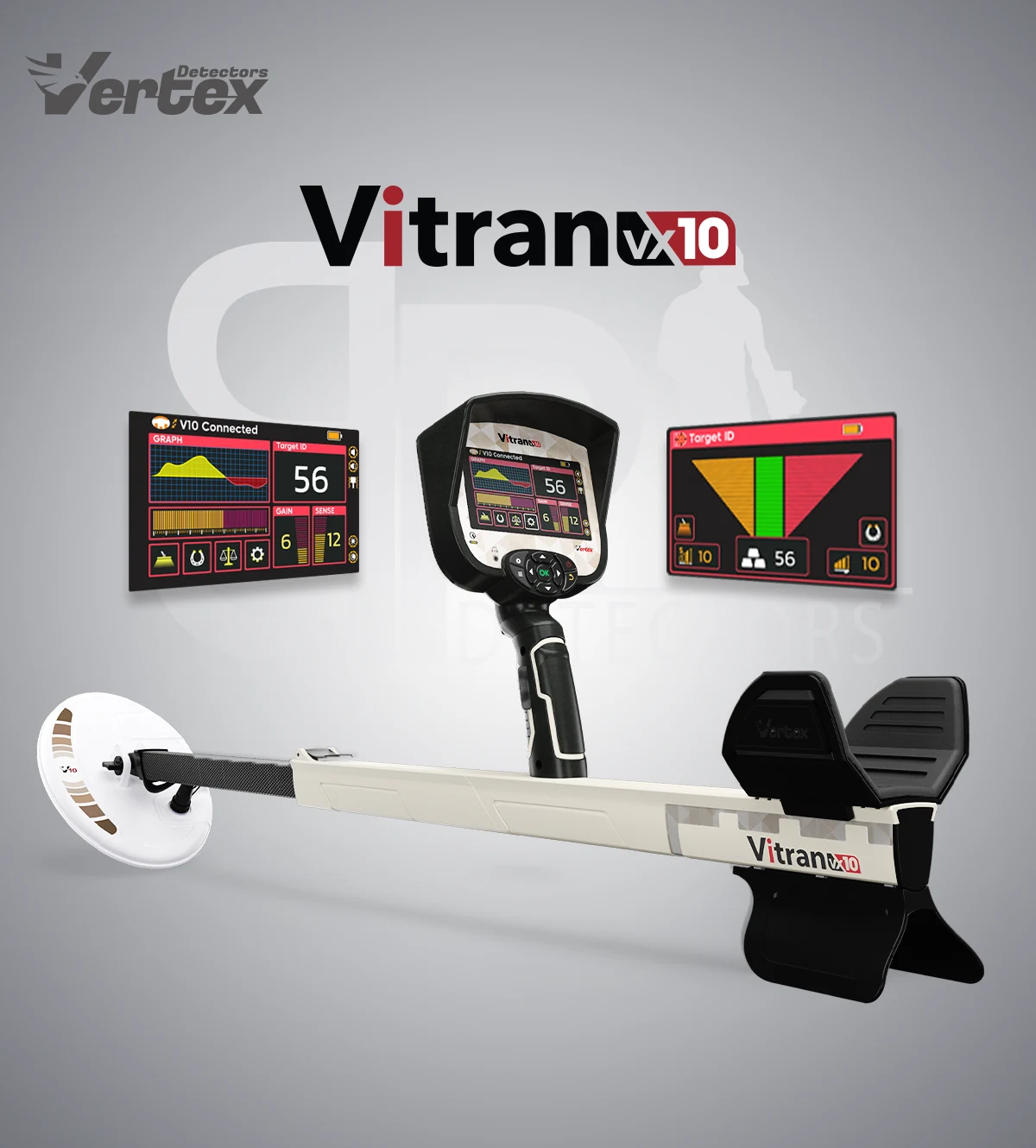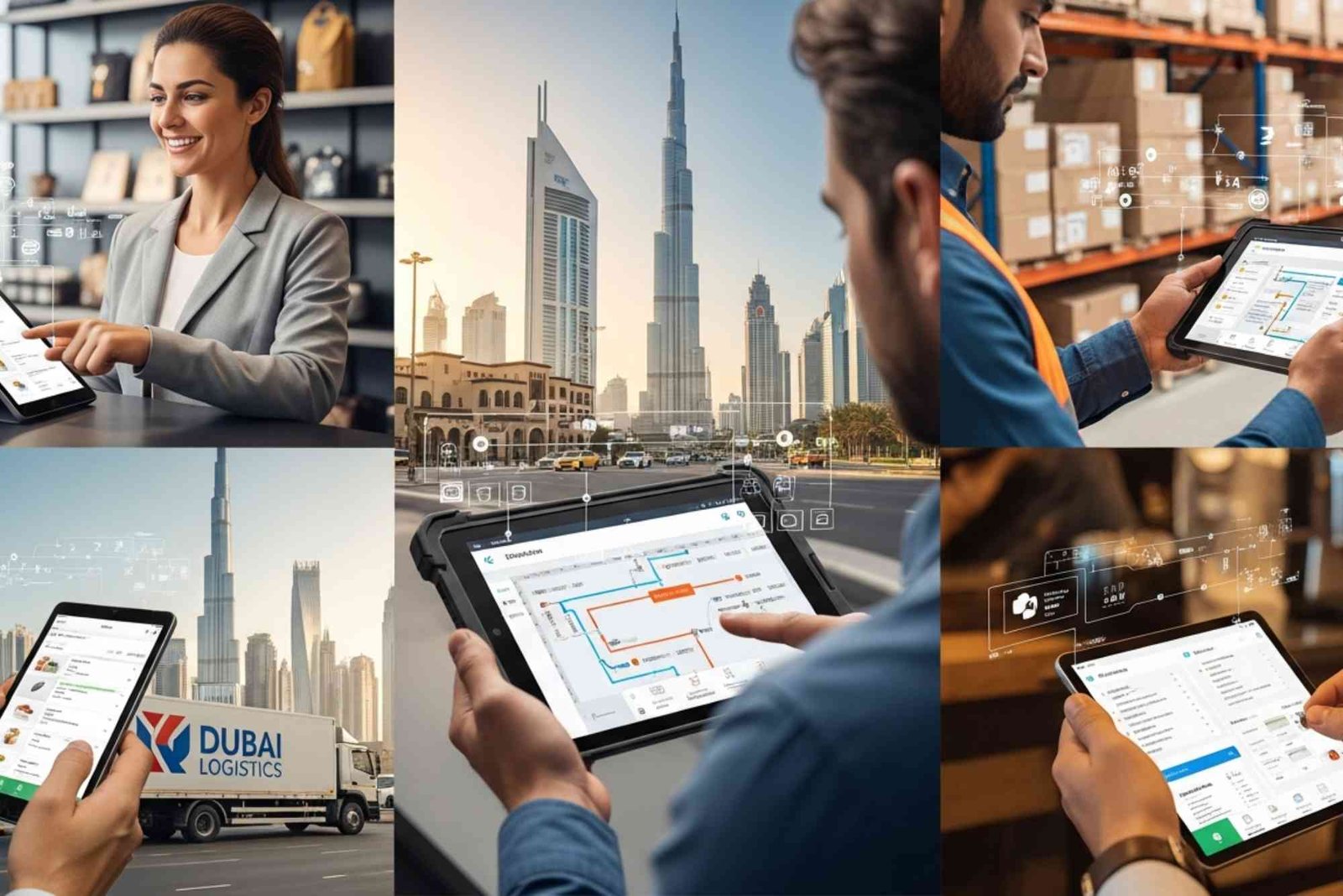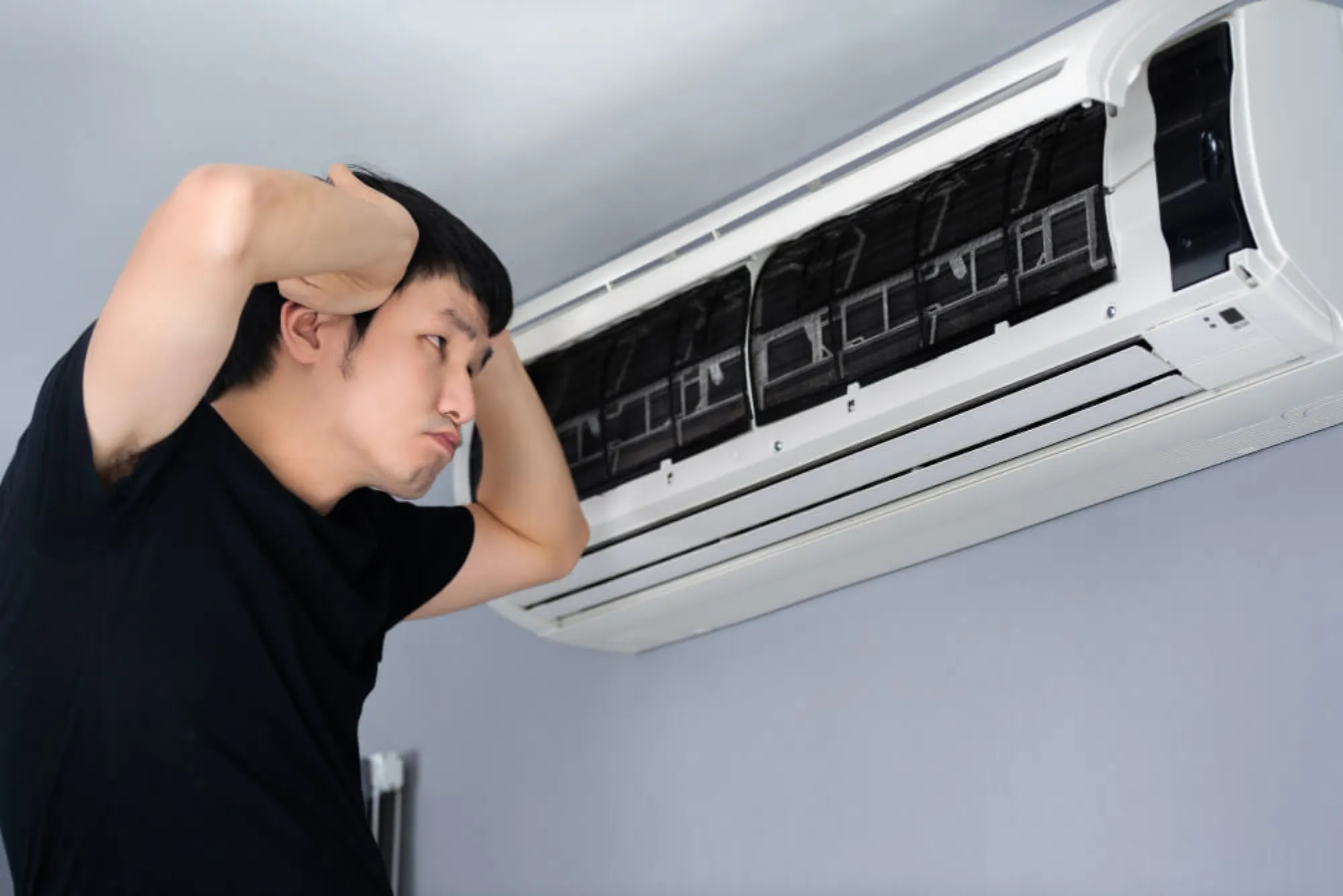With rising energy costs and increasing environmental concerns, homeowners and businesses are seeking efficient cooling solutions. Smart air conditioners have emerged as a game-changer, offering advanced technology that optimizes energy consumption. By integrating automation, sensors, and AI-driven controls, these systems provide precise cooling while minimizing waste, leading to significant cost savings.
Understanding Smart AC Technology
Smart air conditioners are equipped with features that allow users to control temperature settings remotely via mobile apps or voice assistants. Unlike traditional AC units, which operate at fixed speeds, smart ACs use variable-speed compressors to adjust cooling output based on real-time requirements. This capability reduces energy wastage and enhances overall efficiency.
These units often come with occupancy sensors that detect human presence, automatically adjusting cooling levels to avoid unnecessary energy use. Moreover, advanced learning algorithms analyze user behavior and preferences, ensuring optimal comfort while reducing power consumption.
The Role of Energy-Efficient Features
One of the key reasons smart ACs are more efficient than conventional models is their ability to regulate power consumption dynamically. Features such as scheduling, geofencing, and adaptive cooling help homeowners and businesses maintain ideal indoor temperatures without excessive energy use.
Scheduling allows users to set cooling cycles based on their daily routines, ensuring the AC operates only when needed. Geofencing uses location tracking to turn the unit on or off when occupants enter or leave a specified area. Adaptive cooling fine-tunes temperature settings in real time, responding to changes in weather and indoor conditions to maintain efficiency.
The Impact of Inverter Technology
Inverter technology is a crucial component of smart AC systems. Unlike traditional units that turn on and off repeatedly, inverter ACs adjust compressor speed according to cooling demand. This results in consistent temperature control, reduced power surges, and lower electricity bills.
By avoiding frequent starts and stops, inverter-based smart ACs consume less energy while extending the lifespan of the unit. This makes them an ideal choice for homes, offices, and commercial spaces where continuous cooling is required.
How Smart ACs Reduce Carbon Footprint
Reducing energy consumption also contributes to lower greenhouse gas emissions. Since smart ACs operate with greater efficiency, they require less electricity from fossil-fuel-based power plants. This results in a smaller carbon footprint, aligning with global sustainability initiatives.
Additionally, many smart AC models use eco-friendly refrigerants with lower global warming potential (GWP), further minimizing environmental impact. By choosing an energy-efficient air conditioning system, consumers can play a role in mitigating climate change while benefiting from lower energy costs.
Choosing a Reliable AC Supplier
Investing in a high-quality smart AC requires sourcing from a reputable AC supplier. A professional supplier ensures access to the latest energy-efficient models, expert installation services, and long-term maintenance support. Working with an experienced supplier guarantees that homeowners and businesses receive units designed for maximum efficiency and durability.
A reliable AC supplier also provides insights into advanced cooling technologies, helping customers make informed decisions based on their specific needs. From selecting the right capacity to understanding energy ratings, professional guidance plays a vital role in optimizing cooling performance.
The Benefits of a Ducted Smart AC System
For larger spaces, a ducted AC supplier can provide centralized cooling solutions with smart energy-saving features. Ducted systems distribute air evenly across multiple rooms, eliminating the need for separate units and ensuring consistent temperature control.
Smart ducted ACs integrate with home automation systems, allowing seamless control through smartphones or voice assistants. Features such as zone-based cooling enable users to regulate temperatures in different areas independently, further enhancing energy efficiency. A professional ducted AC supplier can help businesses and homeowners install customized systems tailored to their requirements.
Cost Considerations and Long-Term Savings
While smart ACs may have a higher initial cost than traditional models, their long-term energy savings make them a worthwhile investment. By reducing electricity consumption through automation and efficiency features, these units lower monthly utility bills and minimize maintenance expenses.
Additionally, many governments and utility companies offer incentives or rebates for purchasing energy-efficient appliances. Homeowners and businesses can take advantage of these programs to offset initial costs while enjoying sustainable cooling solutions.
For businesses and homeowners looking for premium air conditioning solutions, Rankti offers expert services and top-quality products. Choosing the right AC system enhances efficiency, comfort, and long-term savings.
Conclusion
Smart air conditioners represent the future of energy-efficient cooling, offering innovative features that optimize power consumption while enhancing comfort. From adaptive cooling to inverter technology, these systems significantly reduce electricity costs and environmental impact. Partnering with a trusted AC supplier ensures access to high-performance models and expert installation services. By investing in a smart AC, homeowners and businesses can achieve long-term savings while contributing to a sustainable future.




